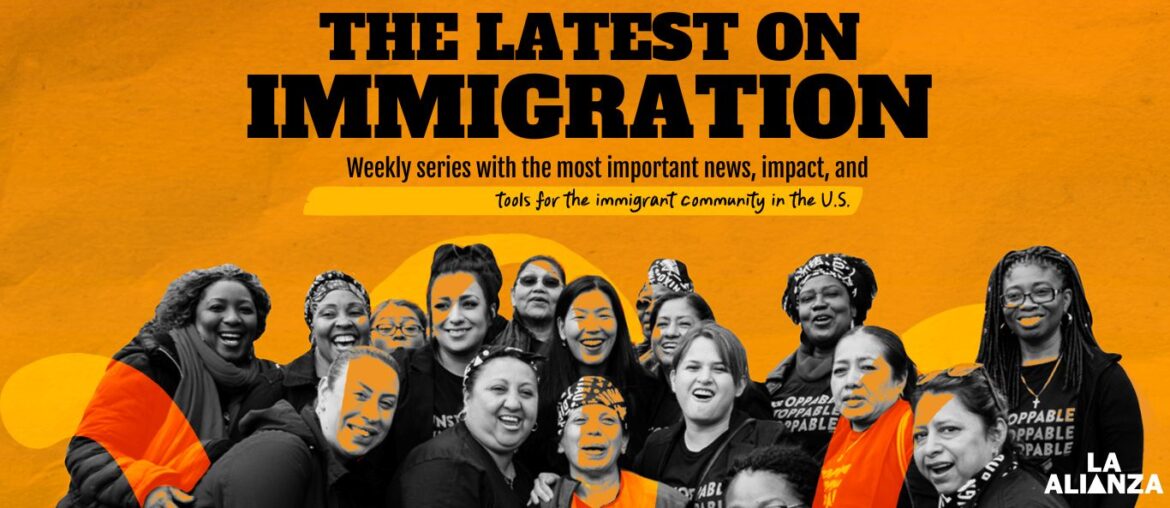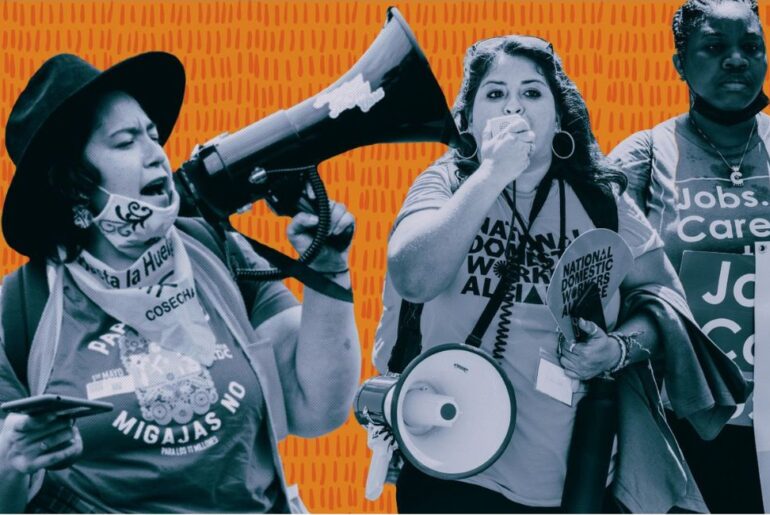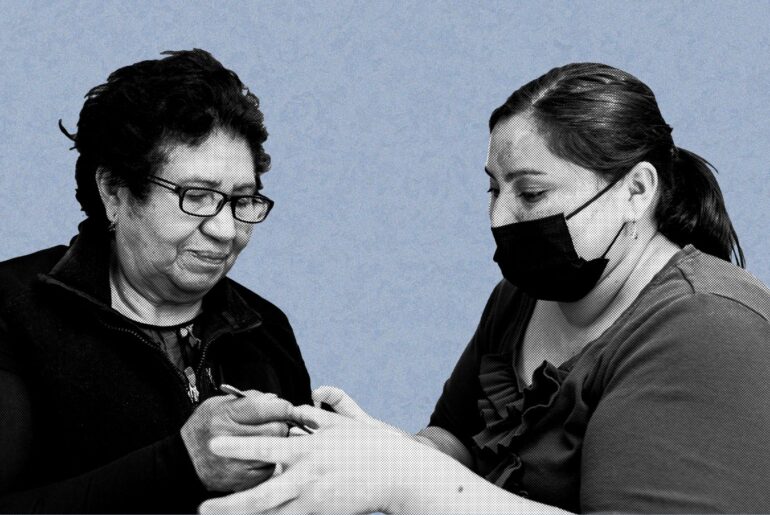The last two weeks of September have been marked by updates to some immigration and visa process fees, as well as shootings, deaths tied to ICE operations, hunger strikes and protests in detention centers, and growing scrutiny over the use of force in courts and communities.
Recent News
DACA applicants await Judge Hanen’s decision in U.S. Federal Court in Texas
- What we know: Last Monday, it was announced that U.S. Citizenship and Immigration Services (USCIS) plans to accept and process new DACA applications. However, the decision by Judge Andrew Hanen in the U.S. District Court in Texas remains pending. Initial DACA applications have been on hold since 2021, but individuals who previously applied may continue to renew.
- Why this matters: The administration indicated that new approved applicants from all states — except Texas — will be able to benefit from DACA’s deportation protections and work permits once Judge Hanen issues an order.
Asylum applicants are now required to pay fees for their applications
- What we know: USCIS updated its official fees following the approval of HR‑1 (Lawful Presence Act), including a new “annual fee of $100” for certain asylum applicants, among other adjustments. This has caused confusion about who must pay and how.
Among those required to pay immediately are people who entered through the border and applied for asylum, as well as those who were referred to court after an interview and received a denial. - Why this matters: These fees represent an additional financial barrier for asylum applicants—many of whom already face lengthy and expensive immigration processes. It may discourage filings or increase financial burdens on vulnerable communities.
- Who is affected: Starting July 22, 2025, first‑time applicants must pay an initial $100 fee. They will also need to pay $100 each year while their case is pending. The payment must be made per application; in cases where multiple family members are under the same asylum application, payment is required only once (not per person).
New $100,000 charge for H‑1B visas could impact the U.S. economy
- What we know: The H‑1B visa category allows employers to petition for foreign professionals with specialized education to work temporarily. On September 19, the administration imposed a $100,000 annual charge for new H‑1B applications. Previously, employers paid only between $2,000 and $5,000, depending on the company size.
- Why this matters: Experts warn that this high fee could affect the U.S. economy by discouraging foreign talent, raising labor costs, reducing global competitiveness, and impacting service provision in critical industries.
The American Immigration Council estimates that the measure could increase costs and reduce hiring in companies that depend on skilled labor. - Who it affects: Professionals with job offers in the U.S. under H‑1B, tech and health companies, startups hiring foreign talent, and the broader economy if innovation and productivity slow.
New visa programs and labor restrictions (Gold Card, H‑1B, H‑2B)
- What we know: The administration launched the so‑called “Gold Card Visa,” which offers residency and eventual citizenship to foreigners who invest heavily in the United States. Simultaneously, a presidential decree restricted the entry of certain temporary workers, including those under the H‑1B visa.
Also, as of September 16, USCIS announced that the quota for H‑2B visas for the first half of fiscal year 2026 has been reached; petitions with a start date before April 1, 2026, will be rejected. - Why this matters: While paths are being opened for wealthy investors, options for temporary workers in key sectors like agriculture, construction, and services are being limited. This signals a shift in immigration priorities.
- Who it affects: Foreign investors who invest at least $1 million may obtain residency via the Gold Card. Meanwhile, many skilled workers seeking H‑1B visas and temporary workers in sectors like agriculture and construction cannot apply for H‑2B until the next fiscal period.
Local and Developing News
- Illinois: A six‑week operation was announced in the Broadview area of Chicago, using a temporary detention center as a main base. This has sparked protests and preparations in immigrant communities.
- Washington, D.C.: Local legislators and organizations expressed concern about data sharing between the Metropolitan Police and ICE after recent operations in the capital, which could weaken sanctuary policies.
- Louisiana: Lawyers and human rights groups denounced overcrowding and prolonged isolation in the State Penitentiary, where ICE holds hundreds of people. A hunger strike by 19 detainees brought attention again to the lack of access to health care and basic services.
- Chicago: ICE shot and killed a man in the suburbs during an arrest attempt. The DHS claimed the man attempted to flee and ran over an officer, but some video evidence contradicts parts of the official version.
- California: Detainees at a new ICE processing center are protesting inhumane conditions. Reports indicate a lack of medical care, insufficient clean water, hygiene shortages, and sanctions for detainees who complain.
Resources
- Visit the National Domestic Workers Alliance’s “Know Your Rights” platform, which includes immigrant rights, immigration options, a legal aid directory, and more. To access it, visit ndwa.us/immigrant
Note: The National Domestic Workers Alliance is the partner organization of La Alianza - Learn how to recognize fake news about immigration and avoid misinformation with this guide: How to Identify Fake News About Immigration and Avoid Misinformation
Legal Disclaimer: This information is provided for educational purposes and does not constitute legal advice. It is recommended that you consult with an immigration attorney to assess your specific situation.




